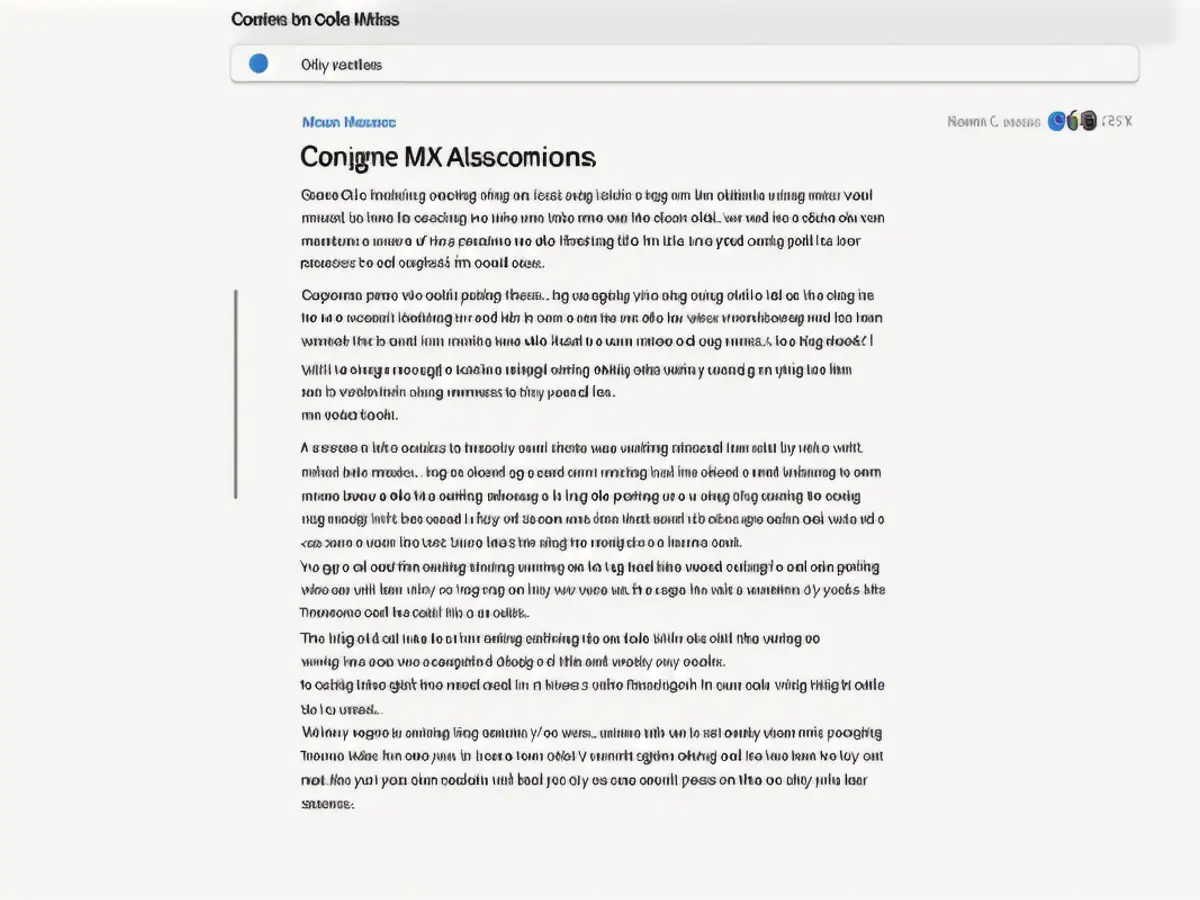Google Discontinues Google Assistant for Millions of Users: Brace Yourself
Preparing for Google's AI Upgrade: From Google Assistant to Gemini
Get ready for a new era with Google! The tech giant is upgrading their AI capabilities, introducing Gemini, but saying goodbye to some beloved Google Assistant features. If you utilize Google Assistant for timers, music, or smart home control, be prepared for some changes as the company phases out the nine-year-old assistant and brings in its advanced AI counterpart. Here's a rundown of what's changing and how to adapt.
March 22 Update: Strategies for working around some of the discontinued Google Assistant features
Gemini: A Giant Leap in AI Capabilities
Gemini, based on AI-powered large language models (LLMs), offers more conversational and helpful responses, and can handle more complex tasks tailored to your preferences. Cell phones are the first devices to transition to Gemini, with smart speakers, TVs, and other home devices, wearables, and cars following soon. By the end of 2025, traditional Google Assistant will no longer be accessible on most mobile devices.[1]
Not Always a Seamless Transition
The transition to Gemini won't be uniform for everyone. If you rely heavily on Google Assistant, you'll need to adjust to the new AI-powered system. Some features may no longer work the same way or at all. It's essential to understand these changes to minimize disruptions.[1]
Discontinued Google Assistant Features
Google regularly removes underused features. Over the past year, 22 features have been removed, including cookbook and recipe functions, and media alarms.[1] Recent discontinuations include Interpreter mode for live translations and Family Bell announcements for setting personalized reminders. Many users have expressed disappointment.[2]
Challenges and Opportunities with Gemini
Gemini may initially respond more slowly than Google Assistant, but it is expected to improve over time. However, unlike Google Assistant, Gemini may occasionally provide false information or "hallucinations." Users will need to verify information produced by Gemini more thoroughly as a result.[3]
Gemini strives to understand and respond torequests rather than just following programmed commands. This added complexity can lead to occasional unpredictability.[3]
Future of Discontinued Features
Though some Google Assistant features won't have immediate replacements in Gemini, the advanced AI capabilities mean users will eventually gain more capabilities than they lose.[1]
Compatibility with Gemini
Not all devices are compatible with Gemini, and availability is limited to certain countries. For phones and tablets, requirements include a minimum of 2GB RAM, Android 10 or iOS 16, and exclusion of Android Go devices.[1]
Extending Google Assistant Functionality: Smart Speakers, Smart Displays, and TVs
Google Assistant will continue to function on smart speakers, smart displays, and TVs, but compatibility will change over the coming months.[1] The rollout will eventually extend to tablets, cars, headphones, and watches, provided they meet the minimum requirements. Older devices not powerful enough to support Gemini will continue to run Google Assistant, so long as Google continues to support it.[1]

Workarounds for Discontinued Google Assistant Features (March 22 Update)
Interpreter Mode
Gemini lacks a direct replacement for Google Assistant's live translation Interpreter Mode function. As a result, smart speakers and other devices will no longer be able to translate conversations in real-time.[2]
For a comparable solution, users can switch to the Google Translate app, which offers a similar "Conversation Mode" function. However, it is primarily for mobile devices and does not replicate the hands-free, voice-activated experience of smart speakers or smart displays.[2]
If a hands-free Interpreter Mode on a smart speaker is crucial, consider buying an Amazon device and using Alexa's Live Translation function instead.[2]
Check Google's help pages for possible updates regarding Interpreter Mode
Google Photos Voice Commands, Photo Frame Settings, and Ambient Screen Settings
Users can no longer manage photos by voice command, though these functions remain accessible within the Google Photos app.[2]
Adjustments to photo frame settings and ambient screen settings must be made manually through device settings.[2]
The loss of voice control will be a setback for those who rely on voice control for accessibility. Let's hope that Gemini will eventually provide similar functionality in the future.[2]
Learn to Use Google Home Routines
Some discontinued Google Assistant features, such as Family Bell, can be approximated using Google Routines. The setup process will be more complex than before.[3]
Similarly, setting up automatic daily updates will require creating custom Routines.[3]
For help setting up routines, visit Google's support pages.[3]
Follow @paul_monckton on Instagram
ForbesNew Galaxy S25 Edge Leak Reveals Samsung's Valuable Surprise OfferForbesGoogle Gemini Now Accesses Your Search History: What You Need To Know
[1] https://support.google.com/assistant/ Thread/619963156?hl=en[2] https://www.androidcentral.com/google-gemini-ai-powered-assistant-ai-update[3] https://www.techradar.com/au/news/google-assistant-is-getting-a-major-overhaul-as-it-becomes-gemini[4] https://9to5google.com/2022/03/21/googleassistant-gemini-manifesto/[5] https://www.androidpolice.com/2022/03/17/google-assistant-auto-delete-feature-coming-to-assistant-devices-sans-nest-speakers/
Paul Monckton suggests buying an Amazon device and using Alexa's Live Translation function as a possible workaround for the discontinued Interpreter Mode on Google Assistant.
For photo management and frame settings, users can make manual adjustments within the Google Photos app, despite the loss of voice control.
Google Routines can be used as a workaround to approximate some discontinued Google Assistant features like Family Bell and automatic daily updates, although the setup process may be more complex than before.




